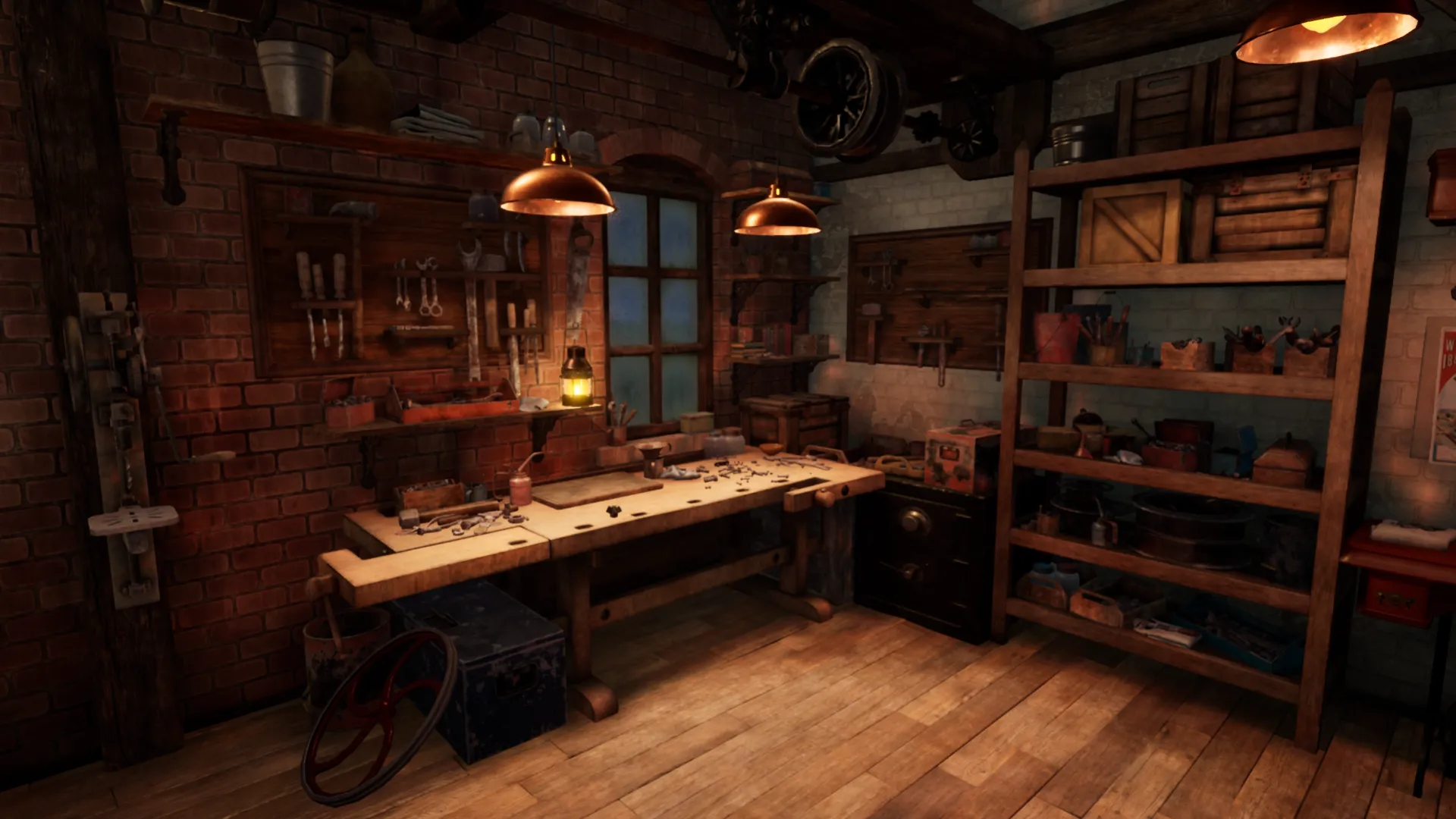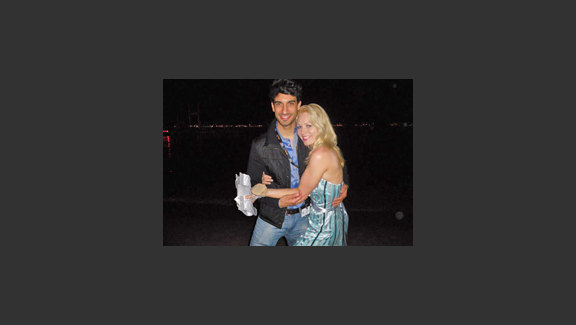SweetestLove
Synopsis
Details
- Year
- 2010
- Type of project
- Features
- Running time
- 90 mins
- Format
- Digitbeta
- Director
-
Deborah Hadfield
- Producer
- Deborah Hadfield
- Editor
- Stephen Groves
- Screenwriter
- Deborah Hadfield
- Director of Photography
- David Meads
- Production Designer
- Matt Warren
- Sound
- Phil Cape
- Composer
- Alan Baker
- Principal cast
- Holly Kenyon, Alessandro Parrello, Chris Brazier, Jason Stevens
Genre
Categories
Production Status
Production Company
Queen Bee Films Ltd
32 Salsibury DriveSwadlincote
Derbyshire DE11 7LD
UK
T +44 (0)1283 551524
M +44 (0)7968 178480Page updates
This page was last updated on 12th May 2025. Please let us know if we need to make any amendments or request edit access by clicking below.
See also
You may also be interested in other relevant projects in the database.
 The Kindness of Strangers
The Kindness of Strangers
Director: Deborah Hadfield
Year: 2011
Grace Walton is kind to a stranger, Danny, in Rome who offers to help her get home but his past catches up as they hitchhike across Europe.
 Chokehold
Chokehold
Director: Christopher Bevan
Year: 2026
In a desperate attempt to escape his troubled home life, a young teenage boy runs away to seek out his estranged father, a once-famed professional wrestler.
 Mrs Benz
Mrs Benz
Director: Eloise Singer
Year: 2025
MRS BENZ brings to life the remarkable true story of Bertha Benz, a pioneer who defied societal expectations and risked everything to prove her husband Karl Benz’s revolutionary invention, the world’s first motorcar, to the world. Set in 1888 Germany, the experience centres on Bertha’s daring 120-kilometre journey, undertaken in secret and against the conventions of her time. What began as an act of quiet defiance became a turning point in global innovation, reshaping history itself. Official Selection Cannes Film Festival - Cannes Immersive 2025
